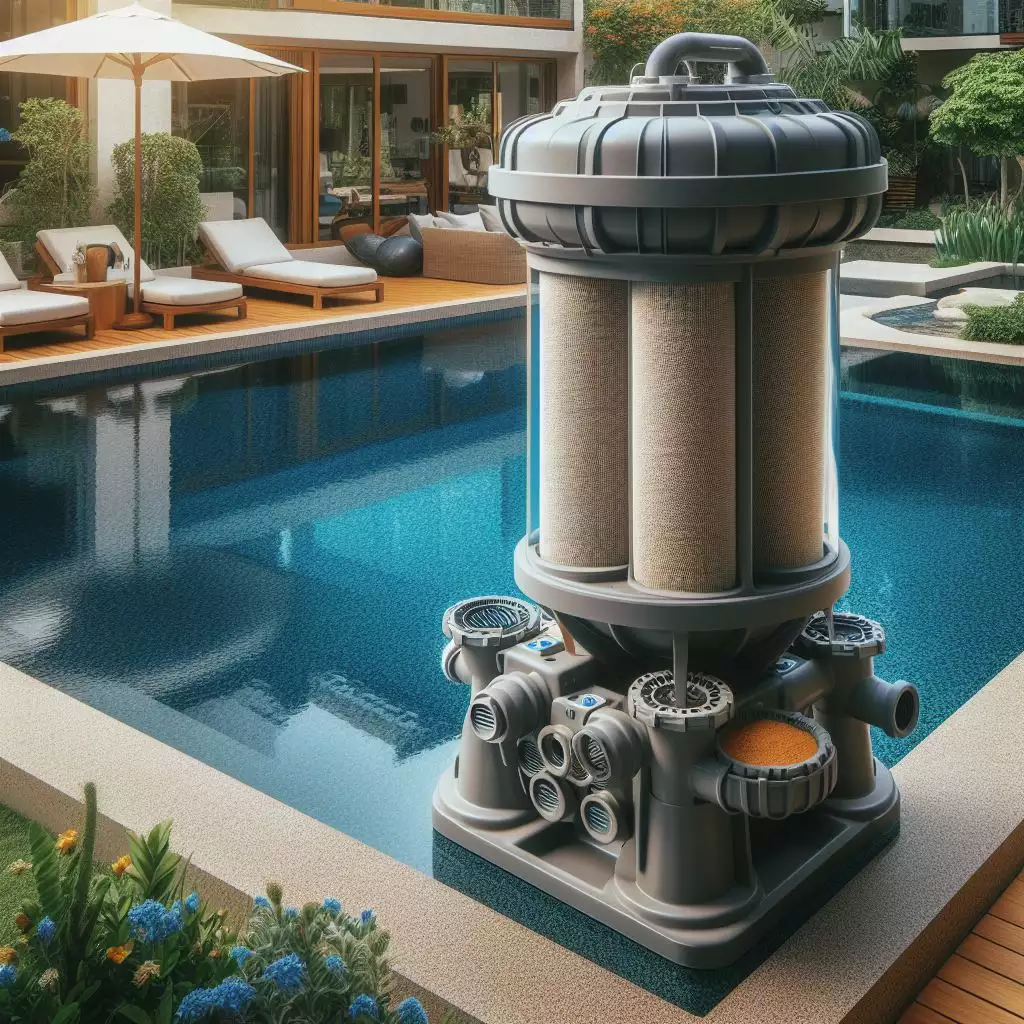Maintaining a pristine swimming pool requires meticulous care, and a critical component in this upkeep is the pool sand filter. However, neglecting the proper maintenance of sand filters can lead to a myriad of issues that compromise water quality and overall pool functionality. In this detailed exploration, we will delve into the problems that arise from improper pool sand filter maintenance, emphasizing the importance of regular care for a crystal-clear and healthy swimming experience.

Reduced Filtration Efficiency
One of the immediate consequences of inadequate maintenance is a significant reduction in filtration efficiency. Over time, sand filters accumulate debris, oils, and other contaminants, creating a layer known as “mud ball.” This hampers the filter’s ability to trap and remove impurities, resulting in cloudy water and an overall decrease in water clarity.
Formation of Biofilm
Neglected sand filters become breeding grounds for bacteria, algae, and other microorganisms. Biofilm, a slimy layer that forms on the filter media, not only obstructs water flow but also provides a habitat for harmful pathogens. This can lead to waterborne illnesses and pose health risks to swimmers.
Pressure Build-Up and System Strain
Inadequate maintenance contributes to an increase in pressure within the filter system. Accumulated debris and impurities cause clogs, forcing the pump to work harder. This heightened pressure can lead to equipment strain, reducing the lifespan of the pool pump and filter, and potentially resulting in costly repairs or replacements.
Chemical Imbalance
A poorly maintained sand filter can disrupt the chemical balance of the pool water. As filtration efficiency declines, the demand for chemical additives increases. This imbalance not only affects water quality but can also cause irritation to swimmers’ skin and eyes. Moreover, excessive chemical use poses environmental concerns.
Waterborne Contaminants
Failure to regularly clean and backwash sand filters allows accumulated contaminants to re-enter the pool water. This includes particles, bacteria, and algae that were initially captured but are released back when the filter is overwhelmed. The presence of these contaminants compromises the overall safety and hygiene of the pool.
Energy Inefficiency
Clogged sand filters force the pool pump to operate at higher speeds, leading to increased energy consumption. The resultant inefficiency not only contributes to higher utility bills but also puts unnecessary strain on the entire filtration system, impacting its long-term performance.
Environmental Impact
Neglecting pool sand filter maintenance has broader environmental implications. Excessive use of chemicals, increased energy consumption, and the potential need for equipment replacements contribute to a larger carbon footprint. A well-maintained pool filter system aligns with sustainable practices, promoting eco-friendly pool management.
Conclusion
In conclusion, the consequences of improper maintenance in pool sand filters are far-reaching, affecting water quality, energy efficiency, and overall pool safety. Regular care, including backwashing, cleaning, and monitoring, is essential to prevent issues such as reduced filtration efficiency, biofilm formation, pressure build-up, chemical imbalance, waterborne contaminants, and energy inefficiency. By prioritizing proper maintenance practices, pool owners can ensure a sparkling clean and healthy swimming environment for all.